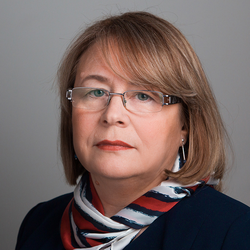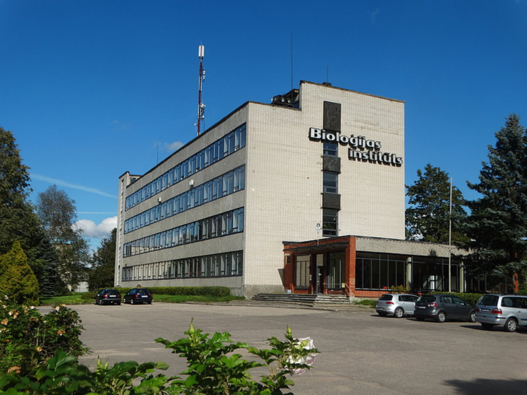The Institute of Biology of the University of Latvia (UL) was founded in 1951 as the Research Institute of the Latvian Academy of Sciences (director prof. Alfrēds Ozols (1952–1965)). During this period different scientific sectors and research directions were established and developed: botany, plant genetics, plant mineral feeding, plant physiology, bioindication, hydrobionite biochemistry, animal physiology, experimental entomology, marine and inland waters hydrobiology, ornithology, parasitology and radiobiology. In the following years (directors prof. A. Valdmanis (1965–1971) and prof. G. Andrušaitis (1972–1998)), some research directions such as parasitology, radiobiology and plant physiology were closed, but others were created: geobotany, hormone biochemistry, magnetobiology, genomics and bioinformatics. Following the restoration of Latvia's independence in 1991, the Latvian Academy of Sciences transformed into European-type academy and the Institute of Biology became a legally independent unit of the UL, joining UL as a basic entity in 2016. The Institute is the leading research centre in biology in Latvia. The institute currently comprises 12 laboratories.
The research activities of the Insitute are divided into two main research directions:
1) exploration and rational utilisation of Latvian natural resources, environmental and ecological problems, nature protection;
2) research on plant and animal life developments and biological productivity.
The Institute also contains Latvian Ringing Centre, Herbarium, Seed Collection, Plant pest population limitator collection – biological agent collection and large entomological collection. The Institute has a number of research bases: Engure Ornithological Research Centre, Pape Ornithological Station and the National Long-Term Environmental Studies Network Mazsalaca Station, organized and intensively used by scientists and students of the Institute.
Director


 Academic Centre
Academic Centre